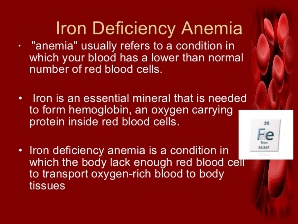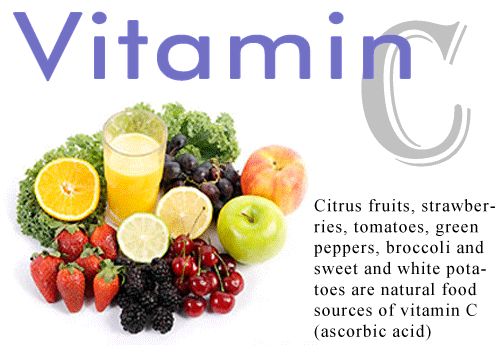Iron deficiency anemia is the most common nutrient deficiency worldwide. Globally, this deficiency affects 9-16% of adult women (1). Iron deficiency occurs when the levels of hemoglobin carried by the red blood cells are decreased. Hemoglobin is an iron-rich protein that helps to carry oxygen from the lungs to the rest of the body. When hemoglobin levels are low, this causes the heart to work harder in order to move the oxygen-rich blood throughout the body.

This can cause symptoms such as fatigue, shortness of breath, dizziness, headaches, cold hands and feet, pale skin, chest pain, and weakness, and in more severe cases, irregular heartbeats, heart murmur, enlarged heart, or even heart failure. Iron deficiency can also present with brittle nails, swelling/soreness of the tongue, cracks in the sides of the mouth, an enlarged spleen, and frequent infections (2).

While iron deficiency is most often seen in women of child bearing age due to menses, or also during pregnancy, increased risk is also seen in bariatric patients. Studies have reported that 20-49% of patients who have had gastric bypass develop iron deficiency anemia. This may be due to several reasons. Typically, iron-rich foods, such as meats and fortified grains, are limited following surgery. The stomach produces less hydrochloric acid to help with the break-down and foods and subsequently iron absorption. Foods and supplements bypass the duodenum and proximal jejunum, where iron absorption takes place, and there are fewer receptors available to transport and reduce iron to its more absorbable form, heme iron. Additionally, nonadherence to vitamin and mineral supplementation is common, leading to the develop of iron deficiency (1).

With an increased risk of iron deficiency anemia, bariatric patients have subsequently been shown to develop Pica. Pica is defined by the DSM-IV as “the persistent eating of non-nutritive substances for a period of at least one month, without an association with an aversion to food.” Strong cravings and intakes of laundry starch, ice, cigarette ash, diet, clay, coffee grounds, etc., have been reported in patients diagnosed with Pica. These practices may interfere with iron absorption in the body, and continuation can prevent improvements in iron levels within the body. Additionally, cases have been reported describing irreversible consequences of Pica following gastric bypass as developing periodontal disease, including dental fractures and the absence of pieces of teeth (1).
Treatment for Pica involves treating the underlying deficiency of iron. Iron supplementation has been shown to relieve any cravings for non-food items as found with Pica. Consuming iron-rich foods will also help to improve iron levels. These foods are in meats, beans, eggs, nuts and seeds, peanut butter, and dark leafy green vegetables such as spinach, kale, mustard greens, and collard greens. To further improve the absorption of iron from foods, consumption of Vitamin C rich foods in conjunction with iron-rich foods is beneficial. These foods include citrus fruits, bell peppers and chili peppers, and dark leafy green vegetables. Conversely, foods that impair iron absorption include bran products, cocoa, tea, coffee, and calcium containing foods and supplements* (1).
with Pica. Consuming iron-rich foods will also help to improve iron levels. These foods are in meats, beans, eggs, nuts and seeds, peanut butter, and dark leafy green vegetables such as spinach, kale, mustard greens, and collard greens. To further improve the absorption of iron from foods, consumption of Vitamin C rich foods in conjunction with iron-rich foods is beneficial. These foods include citrus fruits, bell peppers and chili peppers, and dark leafy green vegetables. Conversely, foods that impair iron absorption include bran products, cocoa, tea, coffee, and calcium containing foods and supplements* (1).
[ebs_row]
[ebs_column md=”6″ sm=”12″ xs=”12″ ]

[/ebs_column]
[ebs_column md=”6″ sm=”12″ xs=”12″ ]

[/ebs_column]
[/ebs_row]
Iron deficiency anemia is treatable, and your physician and dietitian will work closely with you to improve this deficiency. If you experience any of the symptoms listed above, don’t hesitate to tell your physician or dietitian at your next appointment, or call to come in for examination. You may need to have bloodwork done to diagnosis a deficiency, and supplementation, or sometimes an infusion, may be recommended or prescribed.
*Calcium and iron fight for absorption, which is why it is recommended to take a multivitamin high in iron or iron supplement 2 hours apart from a calcium supplement.
Sources:
https://www.nhlbi.nih.gov/health/health-topics/topics/ida/signs








